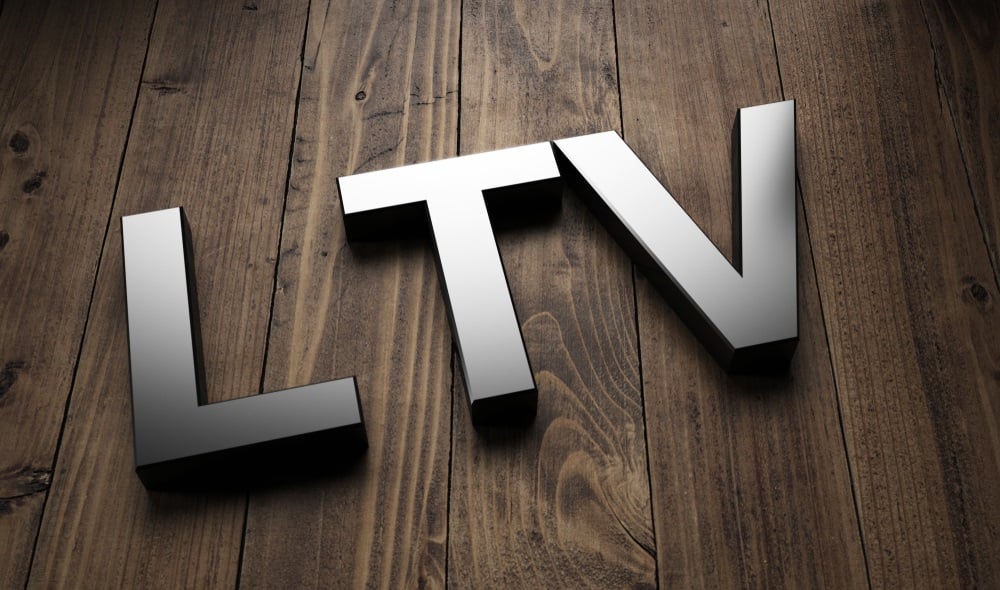In his mini-Budget the Chancellor recognised the role of the housing market in supporting the economy whilst upping the threshold for stamp duty until March 2021.

Whilst the stamp duty holiday is a welcomed effort to help the market the lack of mortgage deals remains the biggest problem facing first-time buyers, according to Charlotte Nixon, mortgage expert at Quilter.
In his mini-Budget the Chancellor recognised the role of the housing market in supporting the economy whilst upping the threshold for stamp duty until March 2021.
Nixon said:“The Chancellor has been under increasing pressure to kick-start the property market and get people moving again after the government put the brakes on the market during the lockdown.
"The stamp duty holiday is a welcome support measure from the Chancellor and will no doubt help make many people looking to buy their first home or move property take the plunge.
“There were concerns that if the change did not take effect immediately then it would turn a chill in the housing market into a full on freeze over the summer as buyers choose to delay completions causing a slow down while people put their moving plans on hold and wait for the holiday to come into play. The fact that the change comes into force from today is reassuring.
“However, it remains to be seen whether the holiday will boost long-term property demand, or simply front-load demand as people rush to complete purchases whilst the reduced threshold is in place.
“Buy to let investors have left the market in their droves over the last few years after tax changes have made it an untenable investment for many. The stamp duty holiday may serve to entice some of these investors back to market.
“Not only will this cut help to reignite the property market but also improve the supply of rental properties, which has been dwindling over the last 12 months.
"Over the last 5-10 years the government have been reforming stamp duty to remove tax burden from first-time buyers and increase the tax take from landlords, having today waived stamp duty the playing field has been levelled for first-time buyers and BTL investors as both are paying the same rate (nil).
"However, these landlords will still need to pay the 3% second home surcharge.
“Unfortunately, for many others, buying a house is out of reach. Lots of first-time buyers face a significant challenge as many lenders have pulled their 95% and 90% loan-to-value (LTV) products.
"This means in effect that the goal posts have been moved for these buyers as they now need to find a 15% to 20% deposit for their first home instead of just 10% or 5% prior the pandemic.
“Unfortunately, due to the poor economic sentiment at the moment lenders are being very cautious about affordability.
"Whether the government could support lenders with government backed products for higher LTV deals and enable more first time buyers to enter the market remains to be seen.”



